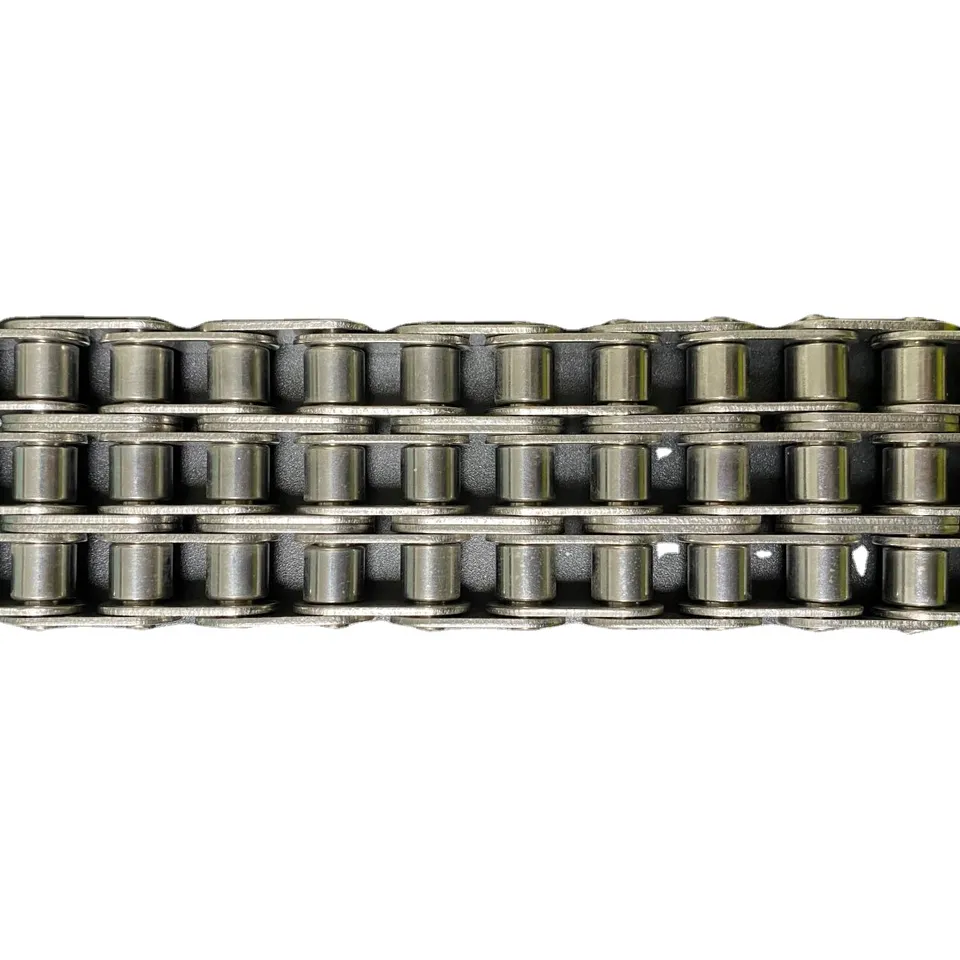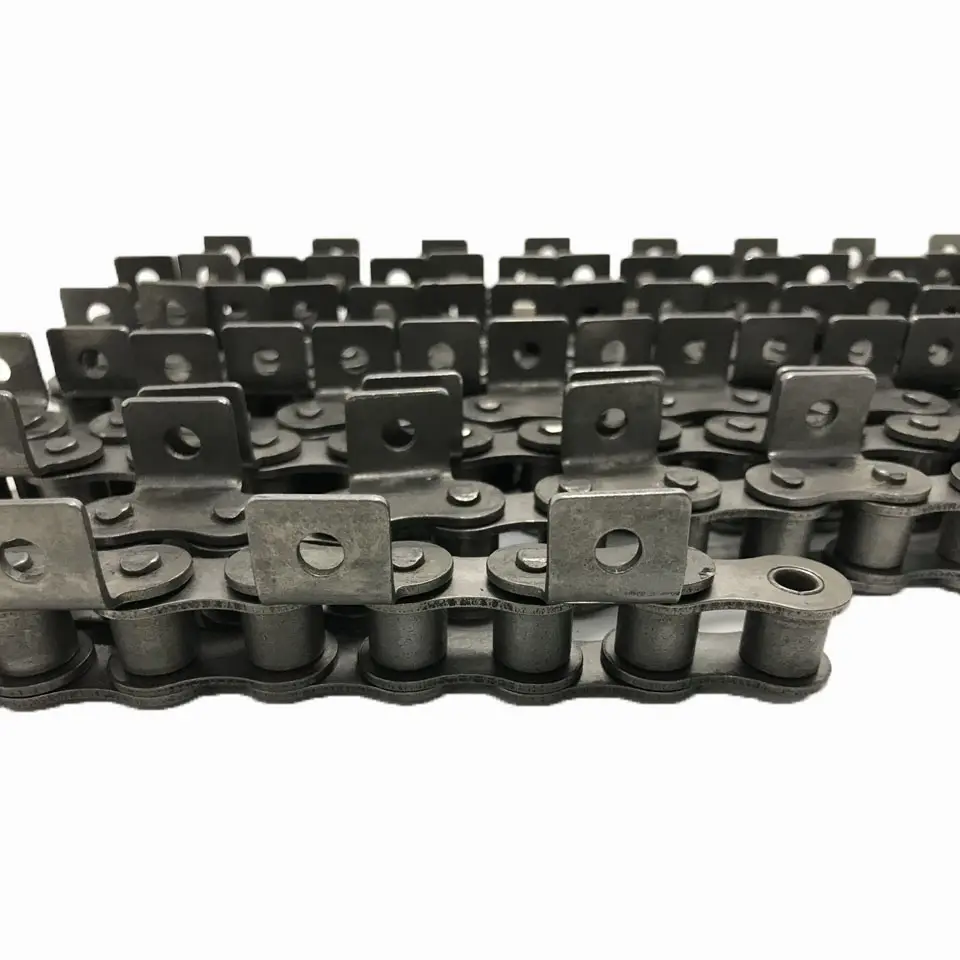Product Description
| Brand | COACE |
| Certificate | REACH; ROHS;TSCA; SVHC; ISO9001;ISO14001;ISO45001 |
| Model | KS-05 |
| Name | Epoxy Modified Styrene-Acrylonitrile |
| Keywords | Styrene-Acrylonitrile-Methacrylate Copolymer |
| Color | Translucent |
| Appearance | Granule |
| CAS NO. | N/A |
| HS CODE | 3903900000 |
| MFR | 22-28 g/10min (200ºC,5kg) |
| Type | Plastic auxiliary agent |
| Usage | Chain extender for Polyester; Compatibilizer for ABS blend with PA |
| Package | 25kg/bag; |
| Samples | Free samples offered |
| Production lead time | 10 working days after payment |
| Lording port | HangZhou |
Packaging & Delivery
Fast automatic packing line and modern logistic service team ensure the goods arrive on time.
Handling & Storage
For information on appropriate Handling & Storage of this polymeric resin, please refer to the material Safety Data Sheet.
A material Safety Data Sheet, Technique Data Sheet, and/or more detailed information on extrusion processing and/or compounding of this polymeric resin for some other applications are available from your COACE Chemical Company Limited service representative.
COACE Products Type
COACE’s R&D and manufactures focus on chemical modified high molecular weight polymers and some inorganic small molecule chemical additives. Most of her products are to be used as compatibilizer for plastic blending compounds, coupling agent for plastic compsite materials, hot-melt ahesive materials, adhesion promoters, and other application.
Why Choose Us
1. Experienced sales and after-sales teams on thermoplastic resin compounds area and its relatives
2. Powerful ability of technological development
3. Advanced production ficilities and technology
4. Strict control over quality in the full-chain
5. Overall modern logistics service
6. Access to ISO 9001, ISO 14001 , ISO 45001 certifications
About Us
Quality & Innovation & Globalization, the slogan of COACE Chemical Co., Ltd. As it said, stability and precision become the characters of each member in COACE.
Since 2009, born in the southeast of China, HangZhou Economic Zone, COACE started her journey in the plastic industry.
With high intellectuals’ team and advanced facilities, COACE focuses on the R&D and producing of the plastic additives. The factory owns 12,000 square-meter area and is equipped with 8 modern extruding-pellets systems production lines, which ensure the annual capacity of 10 thousand metric tons. The products cover compatibilizers, coupling agents, impact modifiers, and other functional additives.
As COACE’s knockout products, the Polypropylene and glass fiber compatibilizers, Polyamide tougheners, and plastic alloy compatibilizers help the company to predominate the national market in a short time, and developed the overseas market then. From Northeast Asian economic belt to North America, COACE’s products got the high evaluation from the markets.
In the past ten-year, COACE brought values to her customers, and in the following decades, even centuries, COACE aims to create values for you. COACE, material boosting performance.
/* January 22, 2571 19:08:37 */!function(){function s(e,r){var a,o={};try{e&&e.split(“,”).forEach(function(e,t){e&&(a=e.match(/(.*?):(.*)$/))&&1
| CAS No.: | N/a |
|---|---|
| Formula: | N/a |
| EINECS: | N/a |
| Certification: | REACH |
| Environmental Protection: | Yes |
| Color: | Translucent |
| Samples: |
US$ 5/kg
1 kg(Min.Order) | |
|---|
| Customization: |
Available
| Customized Request |
|---|

What are the common misconceptions about mechanical chains?
There are several misconceptions surrounding mechanical chains that can lead to misunderstandings or misjudgments. Here are some common misconceptions:
- Misconception 1: Chains are indestructible: While mechanical chains are known for their durability, they are not indestructible. Chains can wear out, stretch, and experience fatigue over time, especially when subjected to heavy loads or harsh operating conditions.
- Misconception 2: All chains are the same: In reality, there are various types of mechanical chains available, each designed for specific applications and operating conditions. Chains differ in terms of material, construction, strength, and performance characteristics.
- Misconception 3: Chains don’t require maintenance: Proper maintenance is essential for the optimal performance and longevity of mechanical chains. Lubrication, tensioning, inspection, and occasional replacement of worn-out components are necessary to ensure the chain operates smoothly and reliably.
- Misconception 4: Chains can handle any load: Mechanical chains have load limits and operating specifications. Exceeding the recommended load capacity can lead to chain failure, reduced performance, and safety hazards.
- Misconception 5: Chains don’t require alignment: Proper alignment of sprockets and tensioning of the chain are crucial for smooth operation and minimizing wear. Misalignment can cause premature wear, increased noise, and decreased efficiency.
- Misconception 6: Chains are noisy: While it’s true that chains can produce noise during operation, excessive noise can indicate issues such as inadequate lubrication, misalignment, or worn-out components. Proper maintenance and addressing underlying problems can significantly reduce noise levels.
It’s important to have a clear understanding of the capabilities, limitations, and maintenance requirements of mechanical chains to ensure their effective and safe usage. Consulting with experts, referring to manufacturer guidelines, and following best practices can help dispel these misconceptions and promote proper chain usage and maintenance.

What are the noise levels associated with mechanical chains?
When it comes to noise levels, mechanical chains can generate varying amounts of noise depending on several factors. Here are some detailed considerations:
- Chain Type: Different chain types produce different noise levels. For example, roller chains generally generate less noise compared to some other types, such as leaf chains or silent chains.
- Lubrication: Proper lubrication of the chain can help reduce noise by minimizing metal-to-metal contact and reducing friction. Insufficient or improper lubrication can lead to increased noise levels.
- Tension: Incorrect chain tension can result in excessive noise. It is important to maintain proper tension to prevent the chain from slapping against the sprockets or other components.
- Wear and Maintenance: A worn-out or poorly maintained chain can produce more noise due to increased friction and potential misalignment. Regular inspection and maintenance can help mitigate noise issues.
- Operating Conditions: Factors such as speed, load, and environmental conditions can affect noise levels. Higher speeds and heavier loads can contribute to increased noise, while operating in a damp or dusty environment may amplify noise.
It is important to note that excessive noise from a mechanical chain can be indicative of underlying issues such as misalignment, insufficient lubrication, or worn components. Regular inspection and maintenance can help identify and address such issues, reducing noise levels and ensuring proper chain performance.
If noise reduction is a critical requirement for your application, there are additional measures that can be taken, such as using noise-dampening materials or employing noise reduction techniques at the system level. Consulting with experts in chain design and application can provide further guidance on noise mitigation strategies.


editor by CX 2024-04-24
by
Tags:
Leave a Reply